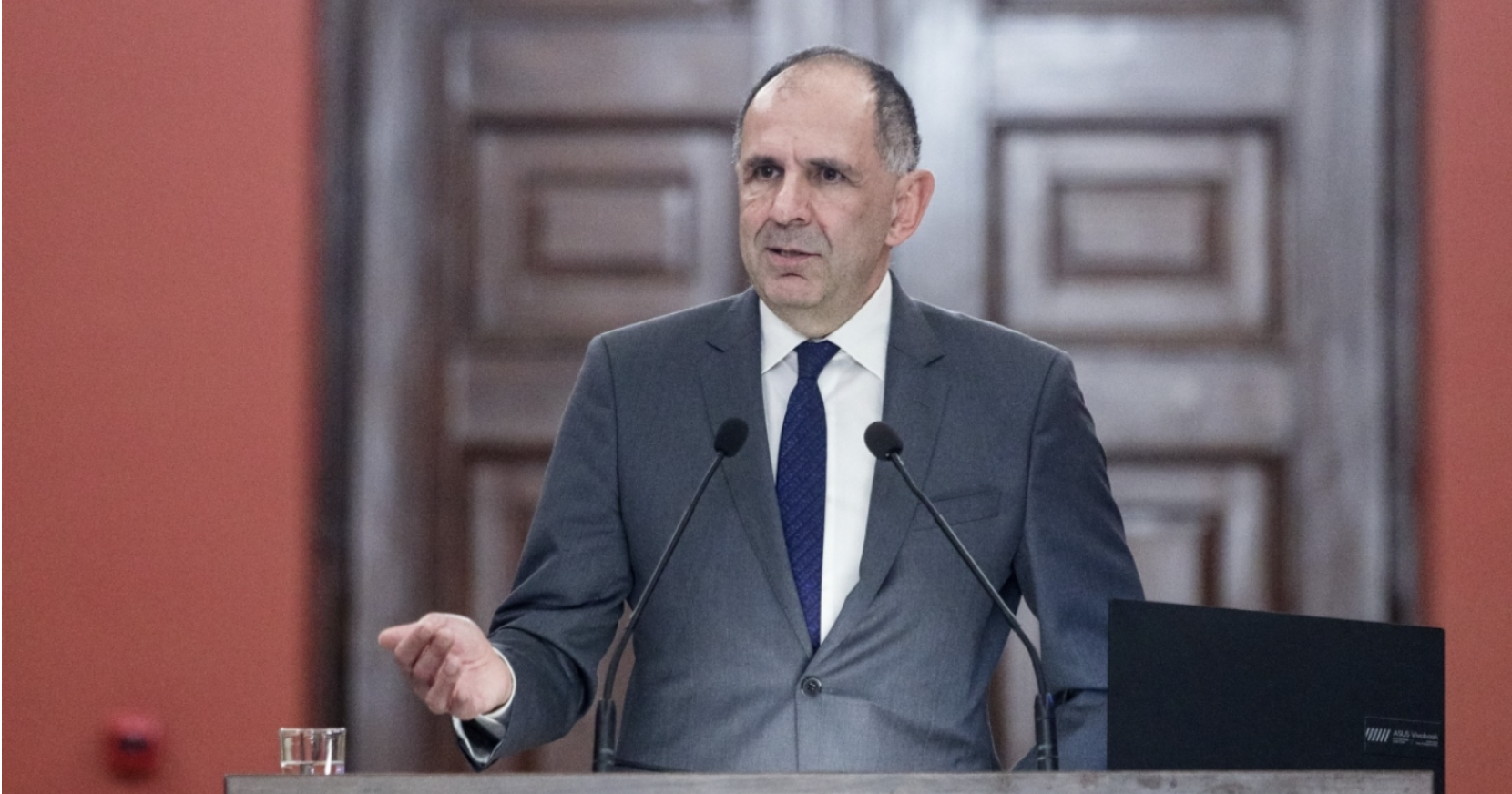The Federal Court of Justice (Bundesgerichtshof, BGH), Germany’s highest court of civil and criminal jurisdiction, has ruled that a new law that bans child marriage may be unconstitutional because all marriages, including Sharia-based child marriages, are protected by Germany’s Basic Law (Grundgesetz).
The ruling, which effectively opens the door to legalizing Sharia-based child marriages in Germany, is one of a growing number of instances in which German courts are — wittingly or unwittingly — promoting the establishment of a parallel Islamic legal system in the country.
The case involves a Syrian couple — a 14-year-old Syrian girl married to her 21-year-old cousin — who arrived in Germany at the height of the migrant crisis in August 2015. The Youth Welfare Office (Jugendamt) refused to recognize their marriage and separated the girl from her husband. When the husband filed a lawsuit, a family court in Aschaffenburg ruled in favor of the Youth Welfare Office, which claimed to be the girl’s legal guardian.
In May 2016, an appeals court in Bamberg overturned the decision. The court ruled that the marriage was valid because it was contracted in Syria, where, according to Sharia law, child marriages are allowed. The ruling effectively legalized Sharia child marriages in Germany.
The ruling — described as a “crash course in Syrian Islamic marriage law” — ignited a firestorm of criticism. Some accused the Bamberg court of applying Sharia law over German law to legalize a practice banned in Germany.
“Religious or cultural justifications obscure the simple fact that older, perverse men are abusing young girls,” said Rainer Wendt, head of the German police union.
Monika Michell of Terre des Femmes, a women’s rights group that campaigns against child marriage, added: “A husband cannot be the legal guardian of a child bride because he is involved in a sexual relationship with her — a very obvious conflict of interest.”
The Justice Minister of Hesse, Eva Kühne-Hörmann, asked: “If underage persons — quite rightly — are not allowed to buy a beer, why should the lawmakers allow children to make such profound decisions related to marriage?”
Others said the ruling would open the floodgates of cultural conflict in Germany, as Muslims would view it as a precedent to push for the legalization of other Islamic practices, including polygamy, in the country.
In September 2016, the German Interior Ministry, responding to a Freedom of Information Act request, revealed that 1,475 married children — including 361 children under the age of 14 — were known to be living in Germany as of July 31, 2016.
In a bid to protect girls who were married abroad but sought asylum in Germany, the German parliament on June 1, 2017 had passed legislation banning child marriages. The so-called Law to Fight Child Marriage (Gesetz zur Bekämpfung von Kinderehen) set the minimum age of consent for marriage in Germany at 18 years and nullified all existing marriages, including those contracted abroad, where a participant was under the age of 16 at the time of the ceremony.
Germany’s Federal Court of Justice, in its ruling, published on December 14, 2018, stated that the new law may be unconstitutional because it violated Articles 1 (human dignity), 2 (free development of personality), 3 (equal protection) and 6 (protection of marriage and family) of the Basic Law, which serves as the German constitution.
The court also ruled that the new law cannot be applied retroactively, and therefore cannot apply to the Syrian couple, who were married in February 2015.
Finally, the Federal Court of Justice asked the Federal Constitutional Court (Bundesverfassungsgericht) to examine the legality of Germany’s blanket-ban on child marriage and to determine whether German authorities should heretofore assess the validity of child marriages on a case-by-case basis.
The ruling ignores Article 6 of the Introductory Act to the German Civil Code (Einführungsgesetz zum Bürgerlichen Gesetzbuche, EGBGB), which states:
“A legal standard of another State shall not be applied where its application results in an outcome which is manifestly incompatible with the essential principles of German law. In particular, it is not applicable if the application is incompatible with fundamental rights.”
By shielding the Syrian couple from German law, the court has not only legitimized the use of Sharia law to determine the outcome of legal cases in Germany, it has also established a precedent that will almost certainly be used in the future by defenders of child marriage and other foreign laws.
Moreover, by insisting that the legitimacy of child marriages be examined on a case-by-case basis, the court has opened the door to so-called cultural exceptions, namely those enshrined in Sharia law, which does not set any age limit to marriage.
Read more HERE
Ask me anything
Explore related questions





